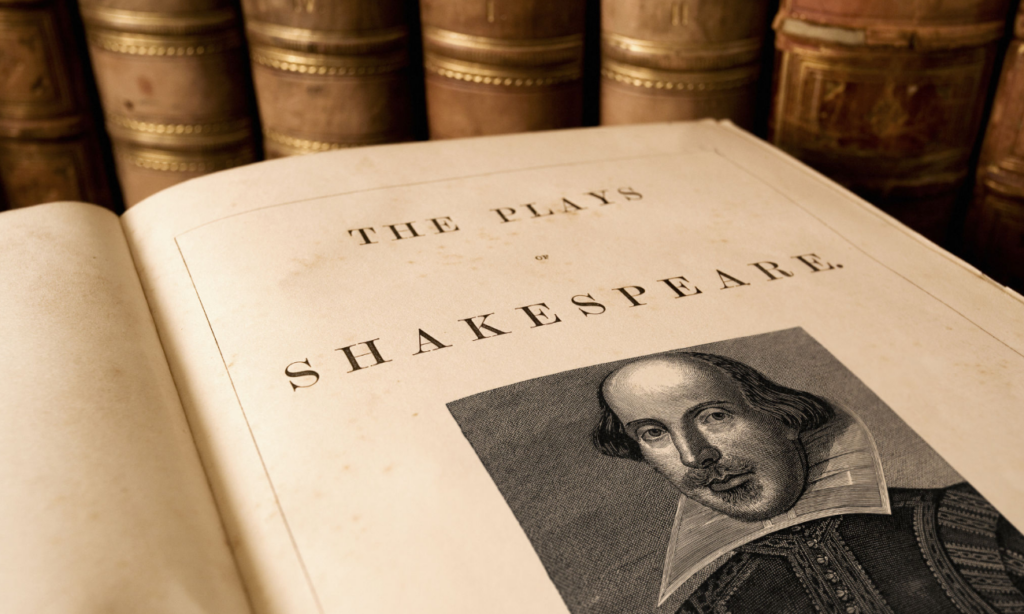Literary metaphors have profoundly impacted human thought and society throughout history. These powerful tools in literature don’t merely enhance language, they shape perspectives, inspire movements, and even transform cultures. Before exploring their transformative power, it’s essential to understand precisely “What is Metaphor.” A metaphor is a figure of speech that describes an object, action, or idea in terms of another, creating a powerful symbolic connection.
Historical Significance of Literary Metaphors

Throughout history, literary metaphors have played a pivotal role in communicating complex ideas simply and memorably. They help us visualize abstract concepts, making them more accessible and relatable. From Homer’s epics to modern-day novels, literary metaphorshave served as a crucial element of storytelling.
Literary Metaphors in Political Discourse
Literary metaphor have frequently been employed in politics to sway public opinion and mobilize populations. Consider the metaphor “Iron Curtain” by Winston Churchill, which vividly illustrated the division between Western democracies and Eastern communist states during the Cold War. Such literary metaphors encapsulate complex geopolitical realities into easily understandable images, influencing political perception significantly.
Literary Metaphors in Social Change
Social movements have relied on literary metaphor to unite people around shared causes. The metaphor “melting pot,” describing the cultural integration in America, shaped perceptions about immigration and cultural diversity. These literary metaphors have encouraged societal cohesion and a collective identity, demonstrating their power to foster social unity.
Literary Metaphors and Cultural Identity

Literary metaphors contribute heavily to the formation and reinforcement of cultural identities. Shakespeare’s famous line, “All the world’s a stage,” profoundly impacts how people view their roles in society, promoting the idea that life itself is performative. Such literary metaphor resonate across cultures, shaping collective consciousness and personal identity.
Literary Metaphor in Literature and Art
Literature and art frequently employ literary metaphor to deepen meaning and evoke emotional responses. George Orwell’s “Big Brother” metaphor from “1984” effectively illustrated pervasive governmental surveillance, influencing generations’ views on privacy and state power. Similarly, Franz Kafka’s metaphorical representation of bureaucracy in “The Metamorphosis” captures the frustration and alienation of modern life. These literary metaphors provide clarity and provoke reflection.
Scientific Concepts Clarified by Literary Metaphors
Even in science, literary metaphor have clarified complex theories. For example, the metaphor “black hole,” coined to describe regions of spacetime exhibiting gravitational acceleration, transformed public understanding of astrophysics. Such literary metaphor bridge the gap between experts and lay audiences, making scientific knowledge more widely comprehensible.
Literary Metaphors in Personal Development
Personal growth and psychological concepts often benefit from literary metaphors. The metaphor “life is a journey” frames personal growth as a continuous process, encouraging resilience and adaptability. Such literary metaphors are valuable in self-help and psychological literature, as they simplify complex emotional experiences, making them relatable and manageable.
The Enduring Influence of Literary Metaphor
Literary metaphor continue to influence our language, thoughts, and actions profoundly. They have the power to reshape individual and collective realities, demonstrating that language isn’t just descriptive but transformative. Understanding their profound impact underscores the importance of metaphorical thinking in both personal and societal contexts.
Conclusion
Literary metaphor transcend mere linguistic embellishments; they shape our understanding of the world and influence societal development. From political rhetoric to cultural identity, their impact is evident across diverse aspects of human life. By recognizing and appreciating the power of literary metaphors, we gain deeper insights into their role in shaping our past, present, and future.
Metaphors are not just tools of artistic expression—they are cognitive instruments that frame how we interpret reality. They allow abstract ideas to become tangible, complex emotions to be expressed with clarity, and cultural values to be passed down through generations. In literature, they foster empathy by helping readers connect emotionally with unfamiliar experiences, and in society, they act as catalysts for change by challenging perceptions and encouraging critical thought.
In a rapidly evolving digital age, where communication is often condensed and visual, the enduring power of literary metaphors reminds us of the importance of language in preserving human depth and connection. As we continue to navigate modern challenges, the metaphors we choose to embrace will, in many ways, shape the narratives that define us.